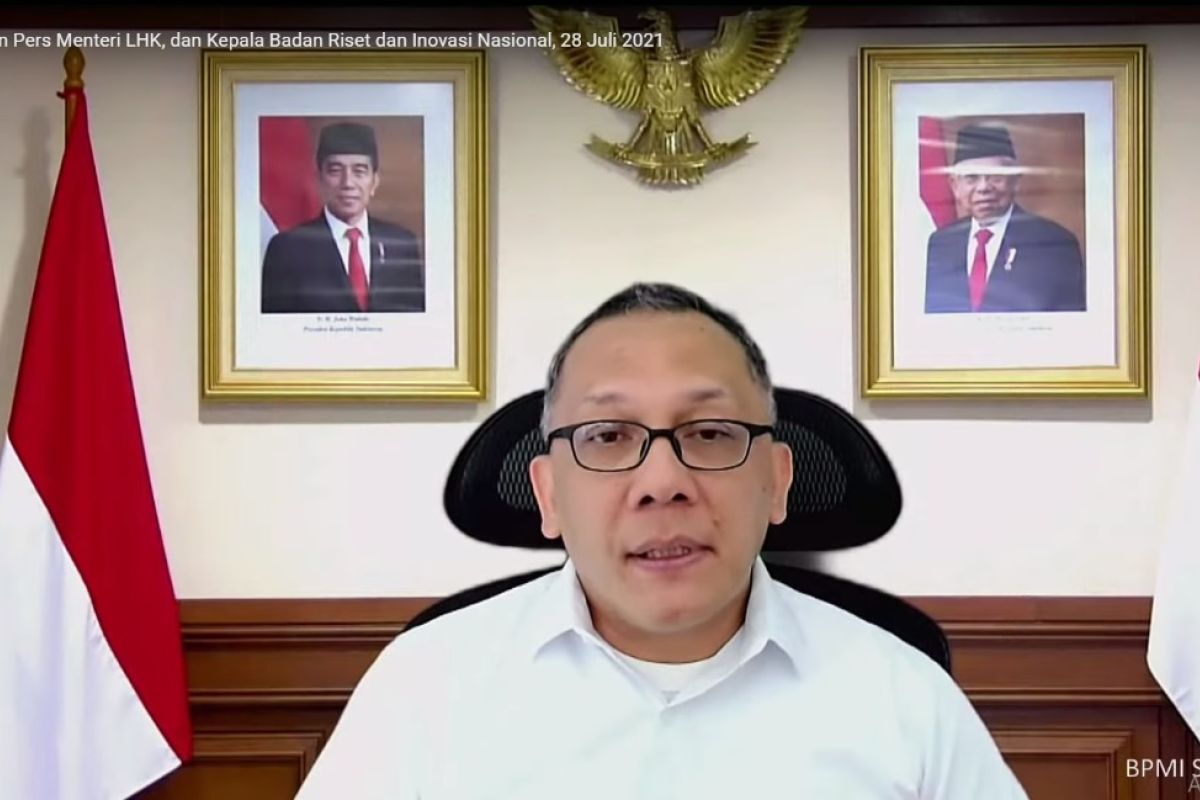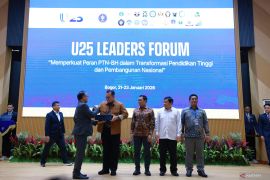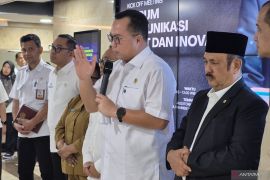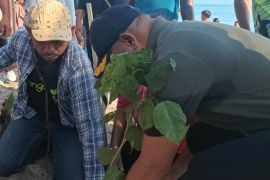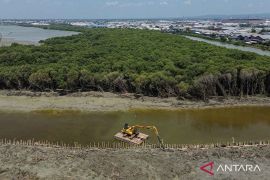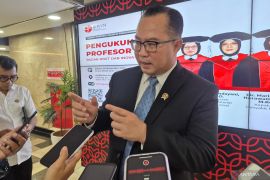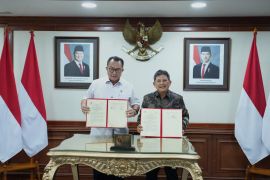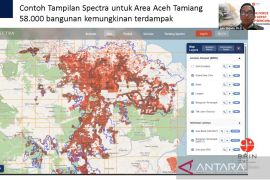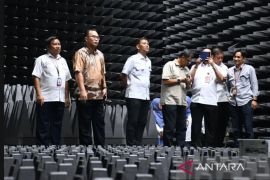"In the midst of this pandemic, the volume of medical waste is increasing, but the capacity to process it is still limited," Head of BRIN Laksana Tri Handoko noted in his statement in Jakarta, Thursday.
Several environment-friendly waste processing approaches were proven capable of handling hazardous and toxic (B3) waste, especially micro and mobile medical waste.
Some of them were the liquid waste processing technology with Nano-Bubble Plasma, solid waste with Plasma, and medical plastic waste processing using Pelletizing and Recrystallization technology.
"Meanwhile, for management of waste in the form of used needles, we use the APJS GLP Destromed 01 Needle Destroyer recycling machine with patents and distribution permits," Handoko pointed out.
The BRIN head later noted that the agency with its scientists had come up with proven technologies to expedite the waste recycling capacity, most importantly, for recycling waste of the micro and mobile scale.
Such technologies are ideal for areas with relatively small populations with less waste rather than building large incinerators at high prices and constrained by centralized waste collection, Handoko explained.
"It would be more expensive for us to build big incinerators. It will also bring additional costs to collect the waste to be brought to the centralized incinerators," he noted.
Apart from the ability to boost the capacity of medical waste processing, this recycling technology can potentially offer added value and a new economic field to boost health facility compliance.
"A financial incentive from the business side will be offered since we are able to reduce the cost of waste processing," Handoko stated.
The BRIN head cited the example of the syringe crusher, APJS GLP Destromed 01 Needle Destroyer, that is capable of producing residue in the form of pure stainless steel.
The BRIN has also developed technology to recycle hazmat suits and medical masks with polypropylene material. Those two medical kits will be recycled to pure propylene (PP). Plastic with PP is highly priced in the market.
Handoko noted that only 4.1 percent hospitals in Indonesia had permits for incinerators, while there was only 20 waste treatment businesses in the country, and nearly all of them were concentrated in Java with uneven distribution.
He expects the innovations in waste treatment to overcome the medical waste treatment problem and also offer motivation to collect and treat waste, increase compliance, and establish new business potential for micro-scale businesses.
Related news: Optimize state budget to dispose COVID-19 medical waste: President
Related news: BRIN developing mobile medical waste processor
Related news: Indonesia needs medical waste depots at regional level
Translator: Martha S, Resinta Sulistiyanda
Editor: Sri Haryati
Copyright © ANTARA 2021
